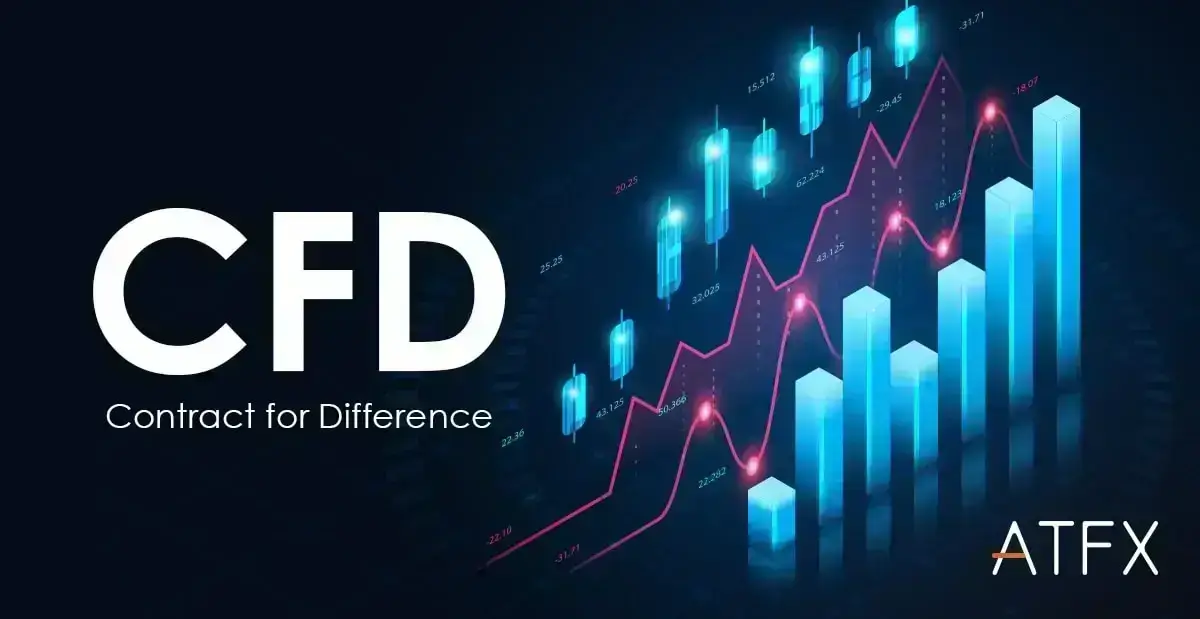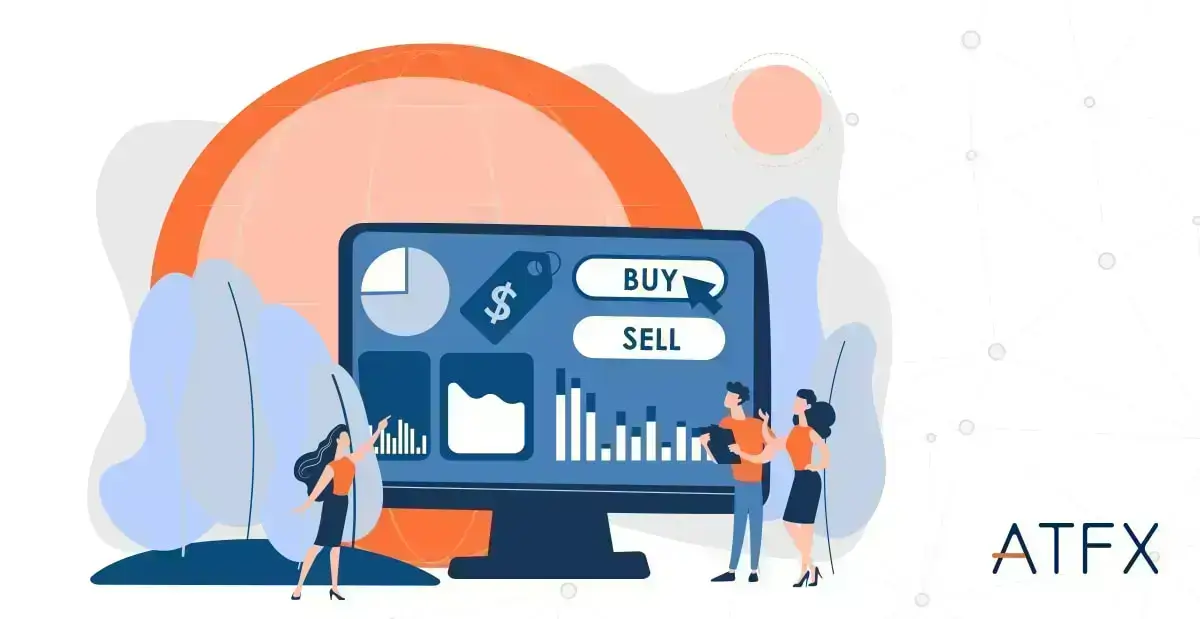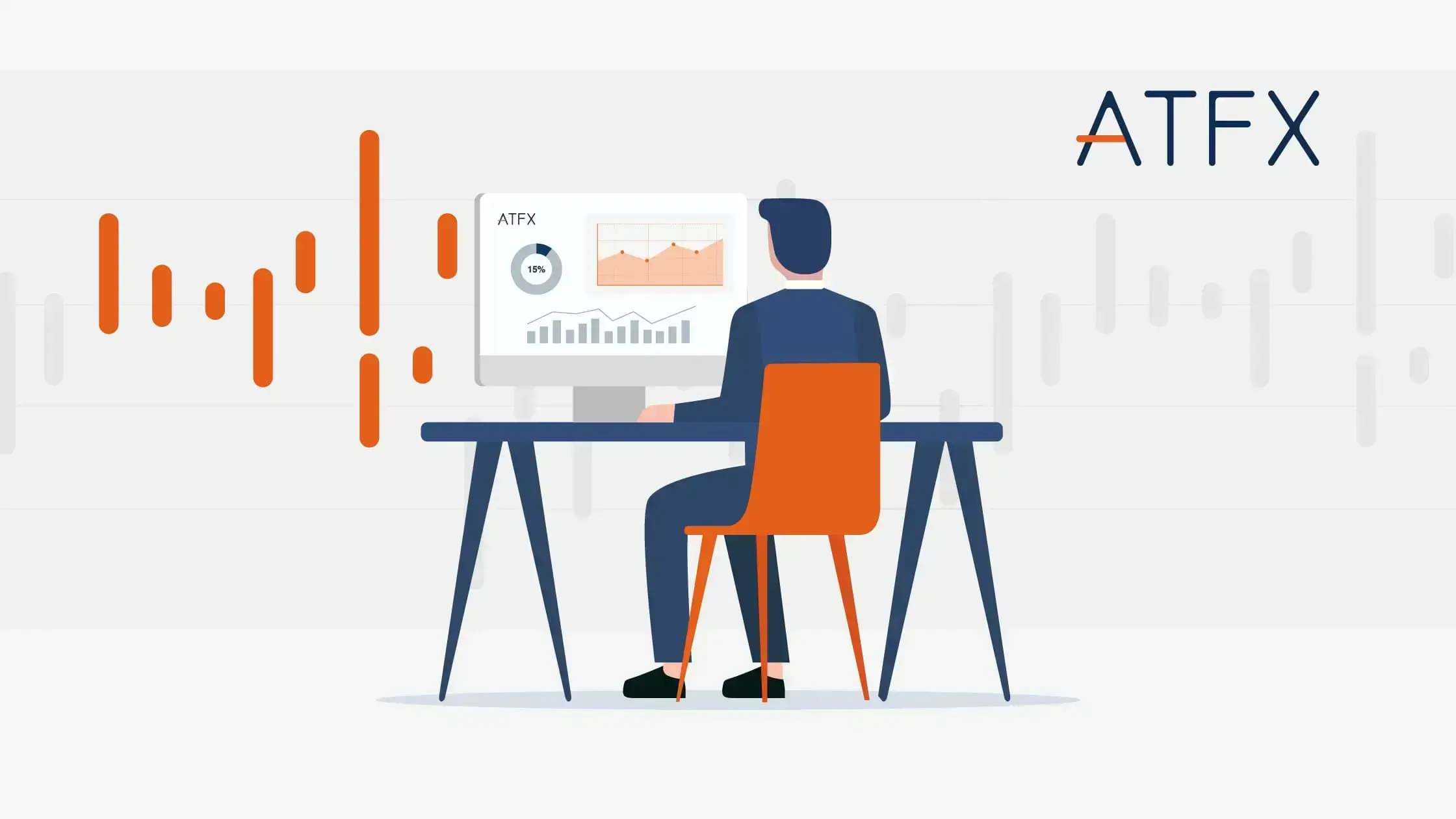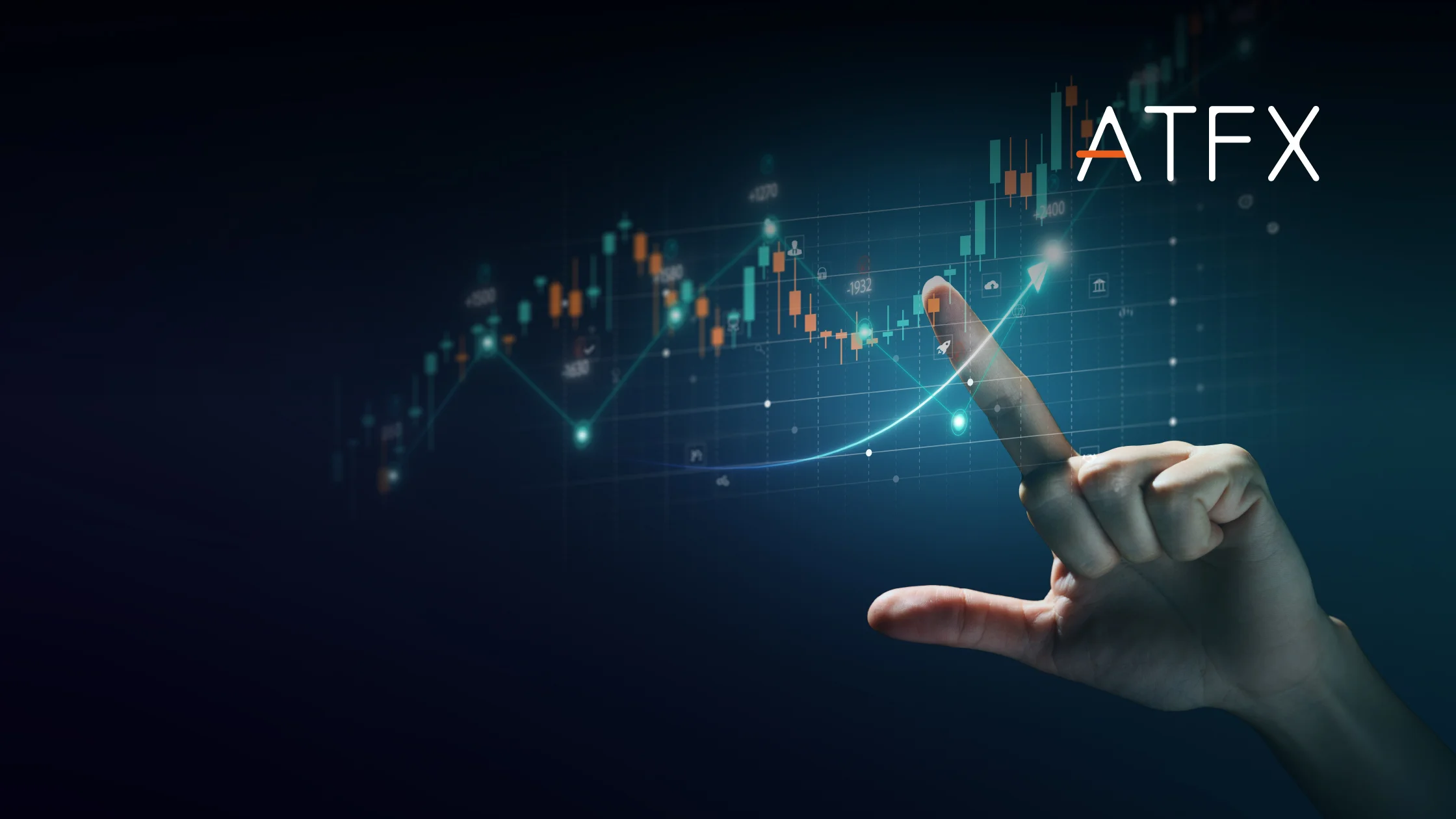What is Contracts for Difference (CFD)?
Contracts for difference (CFD) began in the 1970s and became a mainstream trading product in the 2000s. CFDs are traded using margin, just like trading stocks, and the profits or losses are determined by the price at which you buy or sell. CFDs have more advantages than traditional assets such as stocks.
The trading method for CFDs is generally that the customer pays a certain margin to the broker for the contract to profit from the difference in prices at the opening and closing of the transaction. CFDs also allow traders to take bigger positions than their account balance due to margin trading.

What is a contract account? An account set up to minimise risks is used for capital guarantee and settlement of contract transactions. If the transaction account is traded in the currency trading market, the contract account is traded in the contract trading market.
Margin means that investors only need to invest a small amount in trading large positions. The so-called margin is used to make up for losses in a given transaction, and investors provide the funds required for the transaction.
Stop-loss and take-profits mean that when the price reaches the stop-loss or take-profit point set by investors, the position will be automatically closed.
Leverage amplifies the principal by a specific multiple and manipulates huge positions with a small principal to achieve high returns and profits. However, leverage also creates greater risks, so investors need to make investment decisions cautiously based on their investment capabilities.
Market makers are people with particular strength and credibility. They constantly provide investors with transaction prices and accept their transaction requirements at the prices they provide and conduct transactions with their funds for investors. The market makers provide immediacy and liquidity and realize a profit through the transaction price difference. In simple terms, market makers provide the transaction price and execute buys or sell at specific prices.
Why do many investors like to choose index CFDs? Index CFDs can continuously reflect the price of the underlying index but also allow investors to enjoy the advantages of various transactions:
6 Advantages of Contracts for Difference (CFD) trading:
Margin trading
- Investors can trade CFD indices using margin and leverage to amplify the cost of capital invested.
Low-cost transactions
- Compared with investing in actual indices, the cost of CFD trading is meagre. In addition to some index CFDs trading platforms, the cost of investor transactions can be significantly reduced.

Online electronic transactions
- Index CFD trading adopts full paperless trading, no matter where the investor is; as long as there is the internet, they can conduct online trading.
Short selling
- Investors can use index CFDs to conduct flexible short-selling operations without having to pay a rated fee. At the same time, they can also enjoy the benefit of short-selling index currencies.
Hedging
- Index CFDs can more conveniently use low-cost hedges for investors, especially when highly volatile financial markets. As a result, investors do not need to sell assets to balance the risks of transactions.
Variety of asset classes
- There are minimal limitations in terms of which instruments investors can trade. For example, investors can buy and sell shares such as Apple and Amazon, leading stock market indices from the FTSE 100 to the DAX, including major, minor and exotic forex currency pairs.
Apart from the cryptocurrencies trading market, traders without a professional account may also l take part in trading gold and silver, plus several other vital commodities.
Due to the simplicity of CFDs, all the markets are available to trade on a unified online trading platform, allowing traders to switch between trading indices and energies with just a few clicks.
Download Metatrader 4 account or set up a demo trading account to kick start your trading journey now!



